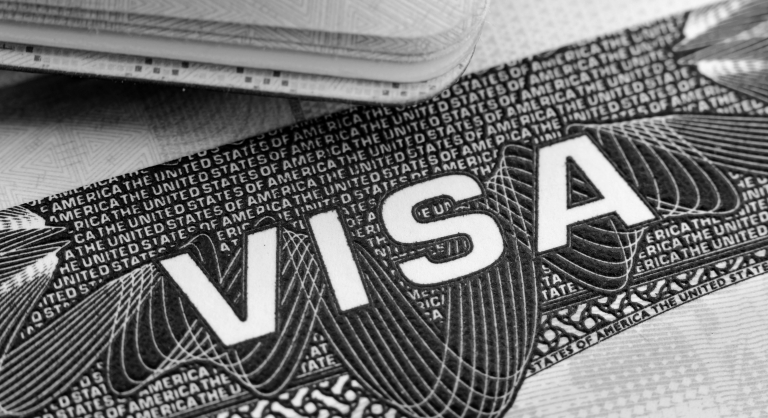USCIS Strengthens Reentry Bars for International Students
On August 9, 2018, U.S. Citizenship and Immigration Services (USCIS) released a policy memorandum altering the longstanding treatment of “unlawful presence” for students holding F, J or M visas (“international students”).
Congress first penalized “unlawful presence” in 1996, when it enacted the Illegal Immigration Reform and Immigrant Responsibility Act (the “Act”). Under the Act, an individual who is unlawfully present in the U.S. for more than 180 days may not reenter the U.S. for a period of three years, and an individual who is unlawfully present in the U.S. for more than 365 days may not reenter the U.S. for a period of ten years.
When the “unlawfully present” clock starts running had, until now, been defined by a policy memorandum on unlawful presence promulgated by the now-defunct Immigration and Naturalization Service (INS) in 1997. Under the INS memorandum, if an international student’s authorized period of stay ended on a certain date, unlawful presence began following that date. For all students, unlawful presence began the day after a government official or immigration judge determined that the individual’s status had lapsed.
Under USCIS’ new interpretation, when an international student receives a determination that they are out of status, their “unlawful presence” start date will relate back to the date that the official or judge determines that the student first fell out of status. The USCIS Memorandum marks the first time that the federal government has deviated from INS’ 1997 policy.
On October 23, 2018, several colleges challenged the new interpretation in a Complaint filed against USCIS in North Carolina’s federal court. In their Complaint, the colleges argue that backdating the unlawful presence clock will “render tens of thousands of F, J and M visa holders subject to three- and ten-year reentry bars without any opportunity to cure.” They also argue that under the new policy, many more international students and employees will be subject to reentry bars, even absent bad faith or knowing conduct.
Client Tip: Be aware of the many ways that a well-intentioned international student can fall out of status, some of which are listed in the Complaint. Stay tuned for future updates regarding the case against USCIS.
Categorized: Higher Education
Tagged In: F visa, Illegal Immigration Reform and Immigrant Responsibility Act, Immigration and Naturalization Service, international students, J visa, M visa, unlawfully present





